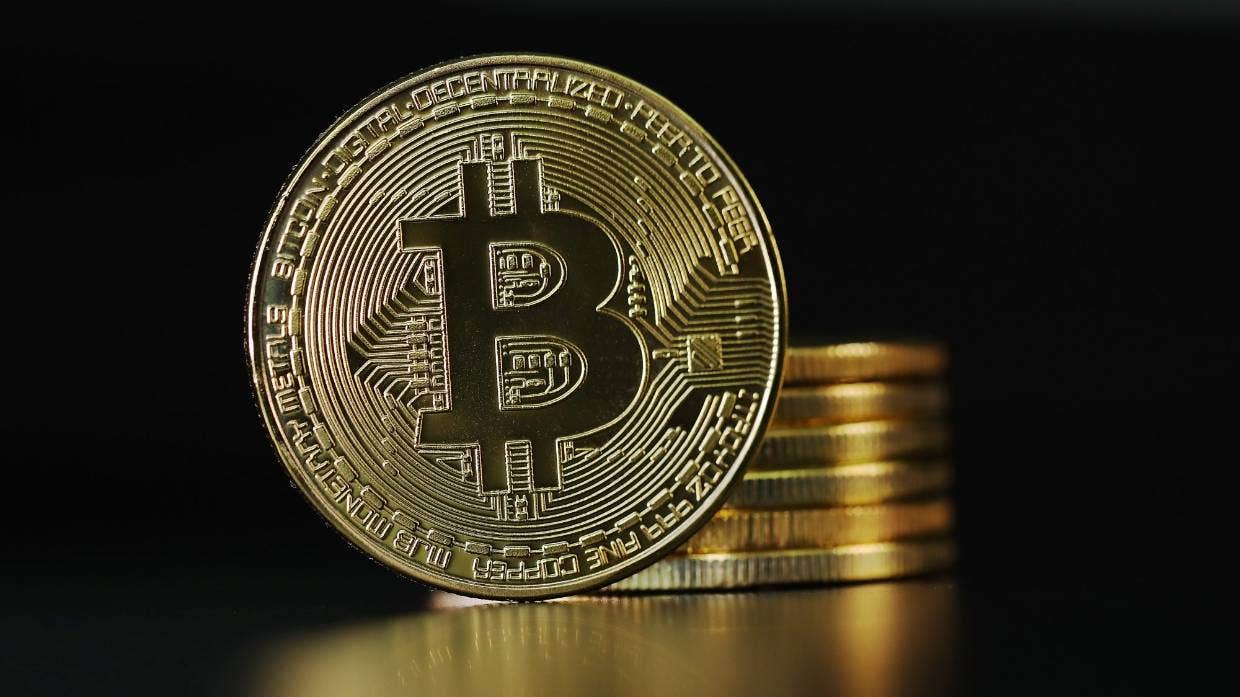The skeptical crowd has plenty of material to choose from. The first users of Bitcoin the first cryptocurrency utilized it to purchase drugs, and hackers now require ransom payments in the form of. Millions of dollars of ether, a different digital currency, was stolen in the last year when hackers discovered a glitch in software.
Many “believers” actually seeking to make quick money by leveraging the global market mania which has seen the value of cryptoassets rise to US$2.2 trillion (NZ$3.11tn). Some are fervently committed. The businessman who announced in June in June that El Salvador was adopting Bitcoin as a currency of official use cried on stage, saying it would save the country.
It is clear that the crooks, fools, and proselytizers can be off-putting. But the development of a financial ecosystem services, dubbed decentralised finance or “DeFi” should be given serious review. It is likely to change the way that the financial system functions and has all the potential and risks that come with it.
The explosion of innovation that is happening in DeFi is similar to the excitement of invention during the initial phase of the internet. In a world where many people are living their life online, the cryptocurrency revolution could even change the foundations that the internet economy operates on.
DeFi is among three emerging tech trends that disrupt the world of finance. Tech “platform” companies are moving into banks and payments. Governments are now launching digital currencies, also known as government coins. DeFi is a different option that aims to distribute power and not to limit it. To learn more about it, begin with blockchains, massive computer networks that maintain an unencrypted, open record and allow for updates without the requirement for an author.
Conventional banking needs a massive infrastructure to ensure the trust between people who are not familiar, including clearing houses to compliance with capital regulations and courts. It’s expensive and frequently taken over by insiders, such as credit card charges and yachts of bankers. However, transactions made through blockchain are safe inexpensive, easy to understand and speedy – at the very most in the theory of things.
While the language is a bit jarring (fees can be described as “gas” but the principal currency is the ether and title deeds on digital assets are referred to as NFTs) However, the fundamental actions that take place on DeFi are well-known. This includes trading on exchanges, making loans and depositing funds through self-executing agreements known as smart contracts.
One measure of activity is the amount of digital instruments used as collateral. Starting from just a few dollars in the beginning of 2018, it’s now at US$90 billion (NZ$127bn). Another measure is the value of transactions Ethereum can verify. For the quarter that ended in the 2nd quarter,, this increased to US$2.5trn approximately the same amount that Visa processes, and equal to about a sixth of activities on Nasdaq an exchange for stocks.
The idea of a low-friction banking system is only the beginning. DeFi is expanding to more ambitious areas. MetaMask is a wallet from DeFi with over 10 million users, functions as a digital ID. To gain access to the decentralised “metaverse” which is a virtual world with stores that are run by users, you connect your wallet to a cartoon-like avatar that wanders about.
Digital worlds will be the object of increasing competition as more and more people shift their spending to online. Large tech companies may tax massively on these tiny economies: imagine the Apple App Store which charges fees as well as Facebook trading your personal avatar’s private secrets. An alternative is Decentralised networks which host applications and are managed by the users. DeFi might offer payments as well as property rights.
Many crypto enthusiasts see a dream. But there’s plenty of work to do before DeFi is as secure as, say, JPMorgan Chase or PayPal. There are some issues that are more common.
One of the most frequent complaints is that blockchains aren’t scalable and the computers they use consume a lot of power. However, Ethereum is an auto-improvement tool. When it is in demand, the costs it is charged for verification may increase and encourage developers to try to decrease the amount of time they utilize it. It is likely to be a new version of Ethereum and other, more efficient blockchains may one day take over the Ethereum blockchain.
But DeFi also raises doubts about how a virtual system with its own rules is interacting to the actual world. One concern is the absence any external source with worth.
They are similar to the dollar in the sense that they are based on people who share a belief in their usefulness. But, traditional money is also backed states that have monopoly power over force , and central banks that provide loans of the last choice.
In the absence of these features, DeFi would be at risk of panic attacks. Enforcement of contracts outside of the virtual world is also an issue. A blockchain contract could state that you own a home, but only the police are able to force an expulsion.
In DeFiland, accountability and governance is rudimentary. A string of huge irrevocable and unalterable transaction that human beings are unable to control could be risky particularly since coding mistakes are inevitable. Money laundering thrives in the unregulated grey area of services within Ethereum and banks.
Despite the assertions of decentralisation, certain programmers and app developers hold significant influence on DeFi. DeFi system. A malicious actor may even control most of the computers running the blockchain.



